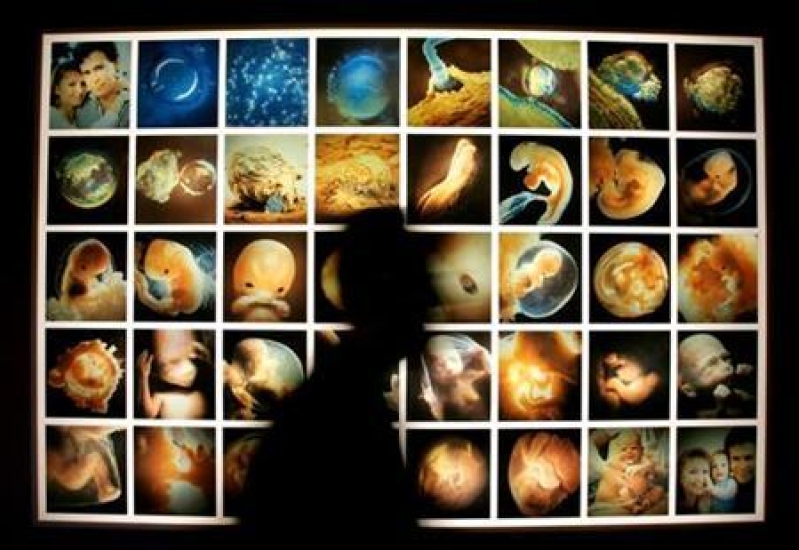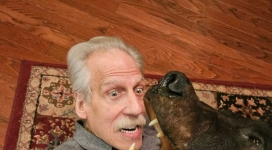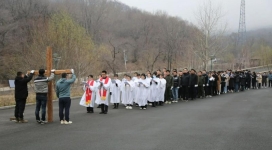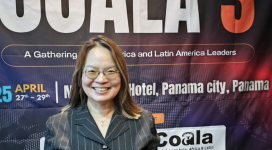
Human technology has now gone too far. A group of Chinese scientists behind the world's largest cloning factory claimed that they could now produce hundreds of replicated humans using advanced technology, Associated Press published.
Xiao-Chun Xu, Director and CEO of Boyalife Group, said his company is already making significant developments in cloning primates for better test animals in clinical studies. He stressed that they already have the technology to create humans, which he described as a "biological step" from monkey to humans.
Boyalife Group and its associates are now establishing a giant plant in the northern Chinese port of Tianjin, where it will start to operate within the next seven months.
"The technology is already there. If this is allowed, I don't think there are other companies better than Boyalife that make better technology," Xu said in a statement. He clarified that their company is not yet engaged in human cloning because of possible adverse public reaction.
However, Xu pointed out those social values could change. Human cloning could possibly be ethical in the future. He cited the changing views regarding homosexuality, which is now accepted in some countries.
The CEO of Boyalife went to universities in Canada and the US. The 44-year-old doctor also previously worked for pharmaceutical giant Pfizer for drug development.
For now, they are using the cloning technology for animals.
They are aiming to create one million cloned cows a year by 2020. The factory also wants to produce genetically modified racehorses with better muscle endurance and strength. Specialized police dogs is also in the factory pipeline.
The Chinese Academy of Sciences and Boyalife is already working together to improve primate cloning that can bridge to human production.
Furthermore, the company wants to be the guardian of Earth's biodiversity. Their facility in the Tianjin will house a gene bank capable of holding up to approximately five million cell samples. These samples include world's endangered species for future regeneration.
Some scientists are working on a project to resurrect the woolly mammoth back from extinction. They will use the recently unearthed genome samples of the creature, which lived in the last Ice age thousands of years ago.
South-Korea-based Sooam Biotech is reportedly serving a niche market for cloning the dead pet dogs of customers for $100,000 a time. The company also wants relocate in China to learn the technology of human cloning in the future.
For Wayne Jackson, author of Jesus Christ: the Master teacher, said, "If one subscribes to the concept that man is his 'own god,' with the liberty to make whatever rules suit his fancy, then there is no stopping place in the arena of human experimentation."







